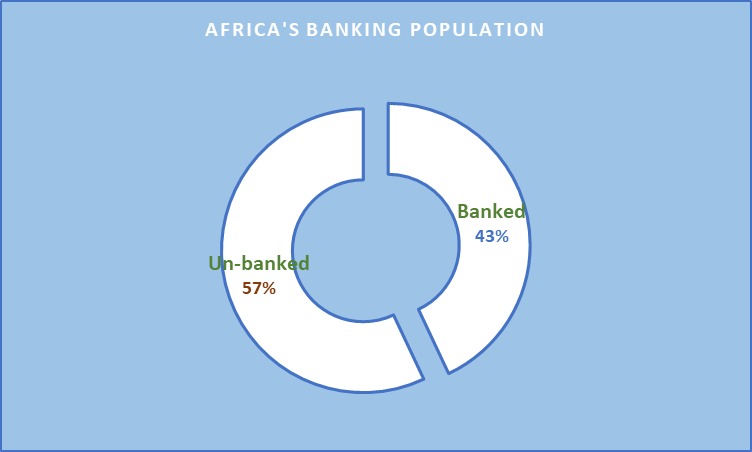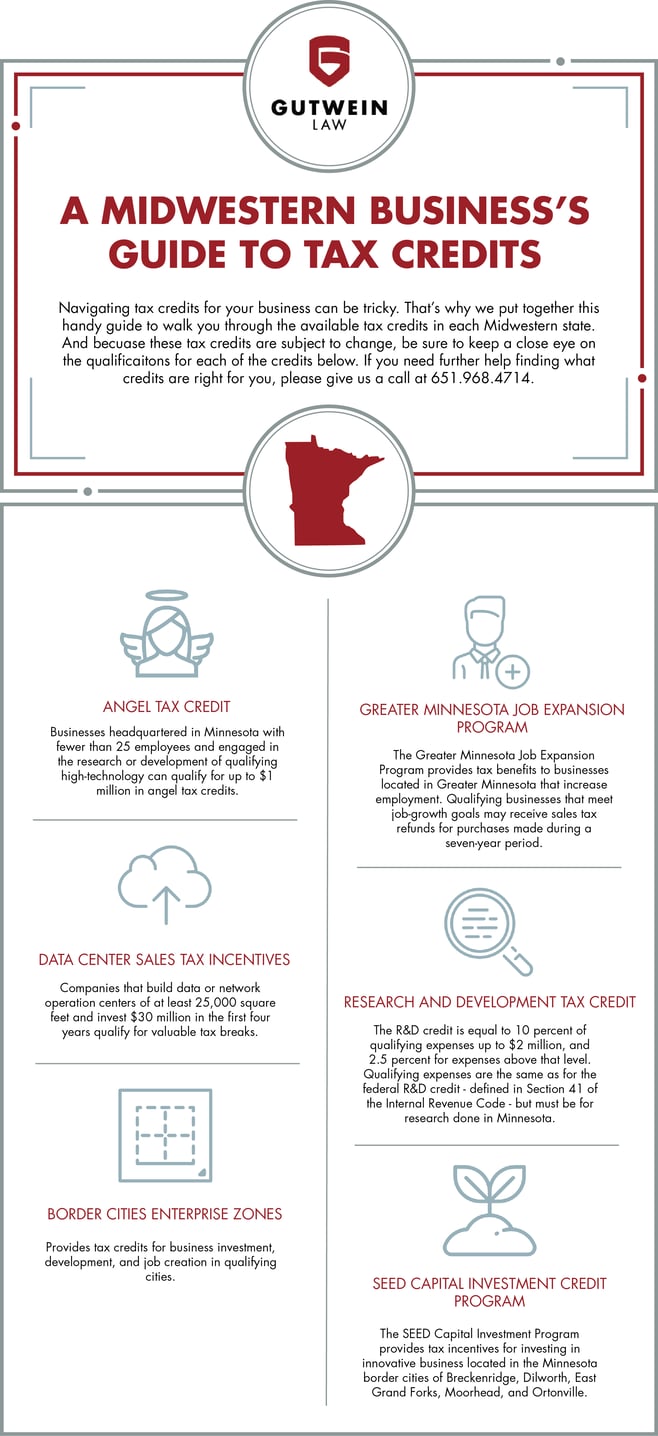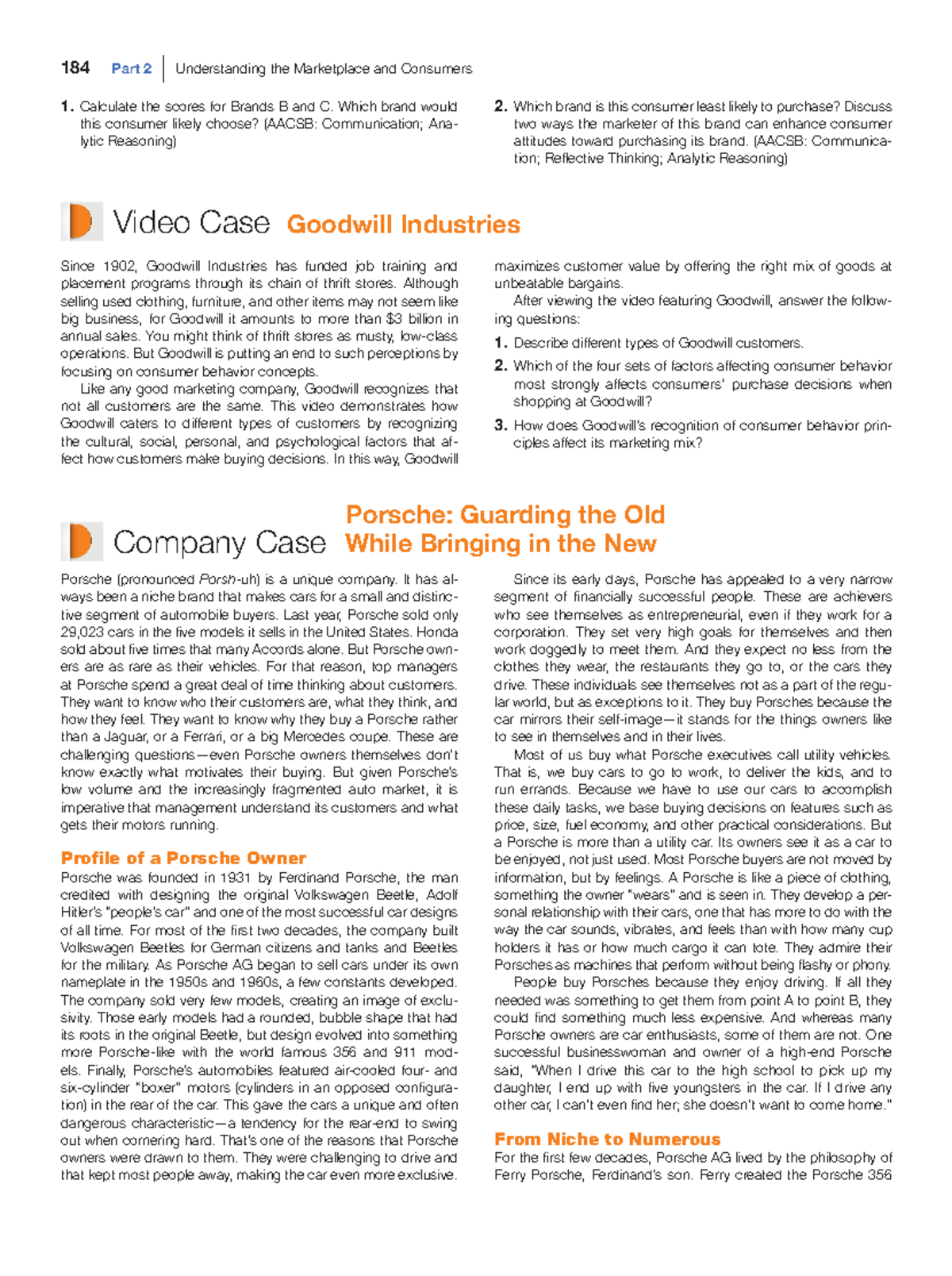Middle Management: Bridging The Gap Between Leadership And Employees For Optimal Results

Table of Contents
Middle management typically encompasses individuals in supervisory or managerial roles who are not at the top executive level but oversee teams and report to senior leaders. Their key responsibilities include translating high-level strategies into actionable tasks, motivating and mentoring their teams, managing resources effectively, and ensuring consistent communication flows both upwards and downwards within the organizational structure. This article aims to delve into the specific strategies middle managers can utilize to enhance communication, boost employee engagement, and develop essential leadership skills, ultimately optimizing organizational performance.
The Crucial Role of Middle Management in Communication
Middle managers serve as the vital communication conduit between leadership and frontline employees. They are responsible for interpreting complex strategic directives from senior management and breaking them down into clear, concise, and actionable plans for their teams. Equally important is their role in relaying employee feedback, concerns, and ideas back up the chain of command. Clear, consistent, and transparent communication is paramount for success.
-
Effective methods for upward and downward communication: Regular team meetings, one-on-one check-ins, clear email communication, and the use of project management tools are all crucial for effective communication. Upward communication should be proactive and consistent, ensuring senior management is aware of team progress, challenges, and potential roadblocks.
-
Strategies for handling conflicting information or directives: When faced with conflicting information, middle managers must carefully analyze the situation, seek clarification from relevant stakeholders, and communicate transparently with their team about the chosen course of action.
-
Using various communication channels effectively: Different communication channels are best suited for different situations. Using a variety of methods (e.g., emails for updates, meetings for complex discussions, one-on-ones for feedback) ensures messages are received and understood effectively.
-
The importance of active listening and feedback mechanisms: Actively listening to employee concerns and creating formal and informal feedback mechanisms are critical for building trust and ensuring open communication.
Middle Management's Influence on Employee Motivation and Engagement
Middle managers have a profound impact on employee morale, productivity, and retention. Their leadership style directly influences the work environment, affecting team cohesion, job satisfaction, and ultimately, organizational success. Creating a positive and supportive work environment is crucial for maximizing employee engagement.
-
Implementing effective performance management strategies: Regular performance reviews, coupled with ongoing feedback and coaching, can significantly improve employee performance and job satisfaction.
-
Providing regular feedback and recognition: Acknowledging employee contributions, both big and small, is vital for boosting morale and encouraging continued high performance.
-
Promoting teamwork and collaboration: Fostering a collaborative team spirit increases productivity and enhances employee satisfaction.
-
Addressing employee concerns and grievances promptly: Responding swiftly and fairly to employee concerns demonstrates respect and builds trust.
-
Fostering a culture of open communication and trust: Creating a safe space where employees feel comfortable sharing their ideas and concerns is essential for building a high-performing team.
Effective Leadership Skills for Middle Managers
Effective middle management requires more than just delegation; it necessitates strong leadership skills. Middle managers must be adept at coaching, mentoring, and empowering their teams to achieve shared goals. This goes beyond simple task allocation and involves actively developing team members’ skills and potential.
-
Decision-making and problem-solving skills: Middle managers frequently encounter complex situations requiring swift and effective decision-making.
-
Conflict resolution techniques: Addressing disagreements and conflicts constructively is essential for maintaining a harmonious and productive work environment.
-
Mentoring and developing team members: Investing time in mentoring and coaching team members fosters growth, improves skills, and increases retention.
-
Delegation and empowerment strategies: Effectively delegating tasks while empowering team members to take ownership fosters autonomy and builds confidence.
-
Building strong relationships with both employees and senior management: Maintaining strong working relationships with both superiors and subordinates is crucial for effective communication and collaboration.
Overcoming Common Challenges Faced by Middle Managers
Middle managers often face significant challenges, including balancing competing priorities, navigating organizational politics, and managing limited resources. Developing strategies to address these obstacles is crucial for their success and the overall effectiveness of the organization.
-
Managing competing priorities from upper management and employees: Prioritization skills and effective communication are vital for juggling multiple demands.
-
Dealing with conflicting demands and limited resources: Resource allocation strategies and effective negotiation skills are necessary to navigate resource constraints.
-
Navigating organizational politics and bureaucracy: Understanding organizational dynamics and building strong relationships with key stakeholders can help navigate political landscapes.
-
Developing resilience and coping with stress: Middle managers need to develop strategies to manage stress effectively and maintain resilience in the face of pressure.
-
Seeking support and professional development opportunities: Accessing mentorship, training, and networking opportunities is crucial for professional growth and development.
Optimizing Results Through Effective Middle Management
In conclusion, effective middle management is paramount for bridging the gap between leadership and employees. By fostering strong communication, boosting employee motivation, and developing essential leadership skills, middle managers play a vital role in driving organizational success. The strategies discussed—from improving communication channels to developing effective leadership skills and addressing common challenges—are critical for optimizing results. Assess your own middle management practices. Implement the strategies outlined to strengthen middle management within your organization and optimize your middle management strategy. Investing in improving middle management will yield significant returns in terms of increased employee engagement, productivity, and ultimately, achieving optimal results for your organization.

Featured Posts
-
 Pw Cs Sub Saharan African Retreat Reasons And Consequences
Apr 29, 2025
Pw Cs Sub Saharan African Retreat Reasons And Consequences
Apr 29, 2025 -
 Hollywood And Football Ryan Reynolds On Wrexhams League Return
Apr 29, 2025
Hollywood And Football Ryan Reynolds On Wrexhams League Return
Apr 29, 2025 -
 Are Minnesotas Film Tax Credits Competitive Enough
Apr 29, 2025
Are Minnesotas Film Tax Credits Competitive Enough
Apr 29, 2025 -
 Jurassic Parks Jeff Goldblum A London Fan Encounter
Apr 29, 2025
Jurassic Parks Jeff Goldblum A London Fan Encounter
Apr 29, 2025 -
 Exploring The Factors Behind Porsches Varying Popularity Globally With An Australian Case Study
Apr 29, 2025
Exploring The Factors Behind Porsches Varying Popularity Globally With An Australian Case Study
Apr 29, 2025
Latest Posts
-
 The Role Of Misogyny In Protecting Women And Girls A Critical Analysis With Mhairi Black
Apr 29, 2025
The Role Of Misogyny In Protecting Women And Girls A Critical Analysis With Mhairi Black
Apr 29, 2025 -
 Mhairi Black On Misogyny And The Discourse Surrounding Womens Safety
Apr 29, 2025
Mhairi Black On Misogyny And The Discourse Surrounding Womens Safety
Apr 29, 2025 -
 Is Misogyny Underlying The Protection Of Women And Girls Mhairi Blacks Perspective
Apr 29, 2025
Is Misogyny Underlying The Protection Of Women And Girls Mhairi Blacks Perspective
Apr 29, 2025 -
 Jeff Goldblum And Ariana Grandes Unexpected Collaboration I Dont Know Why I Just Do With The Mildred Snitzer Orchestra
Apr 29, 2025
Jeff Goldblum And Ariana Grandes Unexpected Collaboration I Dont Know Why I Just Do With The Mildred Snitzer Orchestra
Apr 29, 2025 -
 Listen Now Jeff Goldblum Ariana Grande And The Mildred Snitzer Orchestra Release I Dont Know Why I Just Do
Apr 29, 2025
Listen Now Jeff Goldblum Ariana Grande And The Mildred Snitzer Orchestra Release I Dont Know Why I Just Do
Apr 29, 2025
